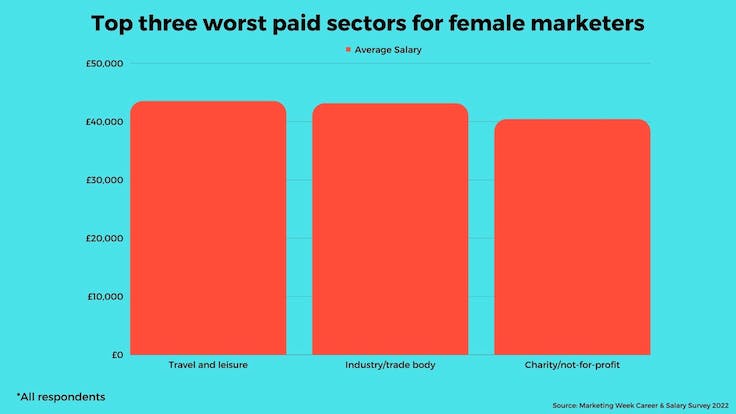
There are many degrees that can be obtained in education. Before you decide which education degree to pursue there are many factors to consider. These include the requirements of the degree, the outlook for employment, and the career path. This article will give you information about different educational degrees and career options. Here are some helpful tips to help you choose the right course.
Careers in education
Education careers can be rewarding. There are many options. While some jobs may be more administrative, many involve teaching and working with students. Some even have to develop curriculums or assist students with problems. Some of these jobs are part of the federal government. Others are in private practice.
To pursue a career as an educator, the first step is to decide what you want to do. There are many options. You could be interested in teaching or researching educational policies. It takes approximately one year to complete the Careers in Education program. It includes four elective and a core curriculum. An Advanced Course Request form will be required if you are interested in a new career path.

The degree requirements
The requirements for undergraduate degree programs vary depending on the major and institution. Some require at least a high school diploma or GED certificate, while others are flexible. Some schools may require a minimum GPA or remedial courses. Other schools permit you to take courses as part of your major/minor. The requirements for graduate degrees are important to understand.
A degree in education can lead to many positions in private or public schools. Some graduates may be able teach certain subjects, or serve in leadership or administration positions within educational institutions. Many teachers will seek a master’s in their field of study.
Perspectives on the job
Education prospects and job outlook are important factors to consider when deciding what career path to take. According to the U.S. Bureau of Labor Statistics higher education levels are associated with higher earnings and lower unemployment. However, education does not always determine the highest-paying job. Those with less education than those with higher degrees can still find success in their field.
The change in employment rates over a certain period of time for a particular occupation is known as the job outlook. This measure can be used to determine how many people are employed in that profession. It's usually two, five or ten year. This data is used by economists to predict how many people will work in a particular occupation over the specified time period. Because it indicates how likely a career will grow, the expected change in employment is an important factor when considering a career.

Career paths
There are many options when it comes to finding a job after high school. There are traditional four-year colleges, two-year colleges, vocational programs, and the military. Young people with learning or thinking disabilities often have trouble in school. They mistakenly believe that they have to go to a four-year college when there are many other options.
Talking to professionals in a particular field and reading about it are all ways to get information. You can also ask your family and friends for help. You can also search for opportunities in the community. In addition, you can visit career fairs and conferences.